High blood pressure often has no obvious symptoms in the early stages. Therefore, many people with high blood pressure do not know they have the disease, according to the health website Verywell Health (USA).
Low blood pressure causes dizziness, lightheadedness, and even unconsciousness - ILLUSTRATION PHOTO: AI
Prolonged high blood pressure increases the pressure on the blood vessel walls, leading to damage to the blood vessel endothelium and increasing the risk of atherosclerosis. Long-term consequences can lead to serious health problems such as stroke, heart attack, heart failure or chronic kidney failure.
Meanwhile, low blood pressure is also not good. Low blood pressure is usually defined as blood pressure below 90/60 mmHg. If high blood pressure develops silently, low blood pressure will cause symptoms, even dangerous but rarely lasts chronically.
Common symptoms of low blood pressure include dizziness, lightheadedness, blurred vision, fainting, nausea, and fatigue. Sudden low blood pressure is dangerous because the brain and vital organs do not receive enough blood and oxygen, leading to loss of consciousness and even damage to vital organs if prolonged.
However, for many people, low blood pressure can be normal. This group is often athletes, people who exercise regularly or people who eat a low-salt diet. Their blood pressure is low but does not cause symptoms and this is a sign of good health.
However, if low blood pressure is caused by health problems such as bleeding, dehydration, septic shock or heart failure, it is a medical emergency. The patient needs emergency care, otherwise death may occur.
In the long term, high blood pressure is more dangerous than low blood pressure.
In the long term, high blood pressure is more dangerous than low blood pressure. The main reason is that high blood pressure develops over time, silently destroying the cardiovascular system, brain and kidneys for many years without causing symptoms. Harvard Health Publishing (USA) said that people with long-term high blood pressure have a risk of dying from heart disease more than twice as high as people with normal blood pressure.
Meanwhile, in the short term, low blood pressure is more dangerous than high blood pressure, especially when it occurs suddenly and is not treated promptly. Specifically, in cases of anaphylactic shock, septic shock or cardiogenic shock, a rapid drop in blood pressure will cause organs to stop functioning. If blood pressure drops while driving, it will cause the driver to faint and lead to a dangerous accident, according to Verywell Health (USA).
Source: https://thanhnien.vn/huyet-ap-cao-va-huyet-ap-thap-loai-nao-nguy-hiem-hon-185250709183817214.htm


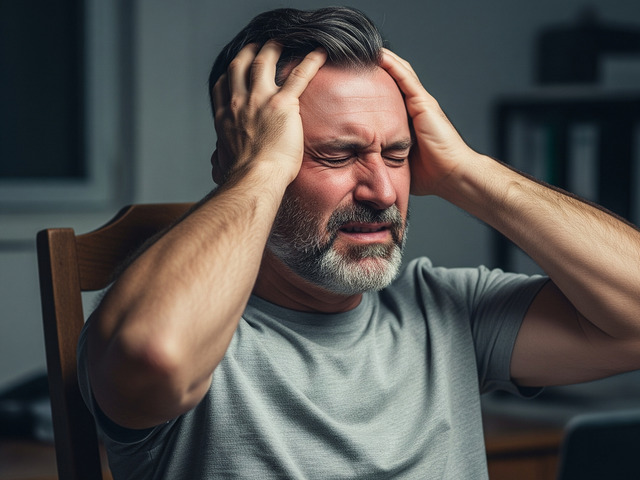




![[Photo] Dan Mountain Ginseng, a precious gift from nature to Kinh Bac land](/_next/image?url=https%3A%2F%2Fvphoto.vietnam.vn%2Fthumb%2F1200x675%2Fvietnam%2Fresource%2FIMAGE%2F2025%2F11%2F30%2F1764493588163_ndo_br_anh-longform-jpg.webp&w=3840&q=75)










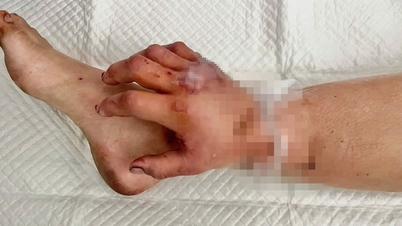

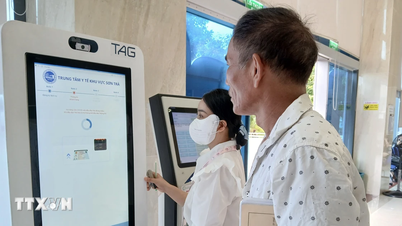


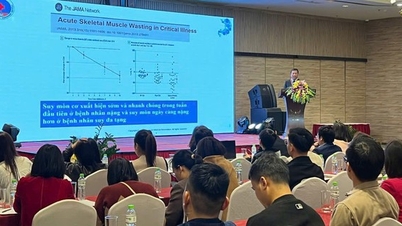


































































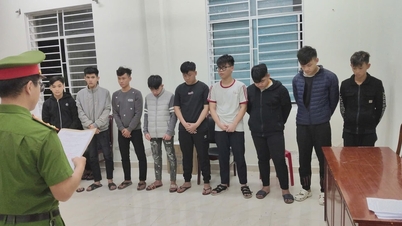












Comment (0)